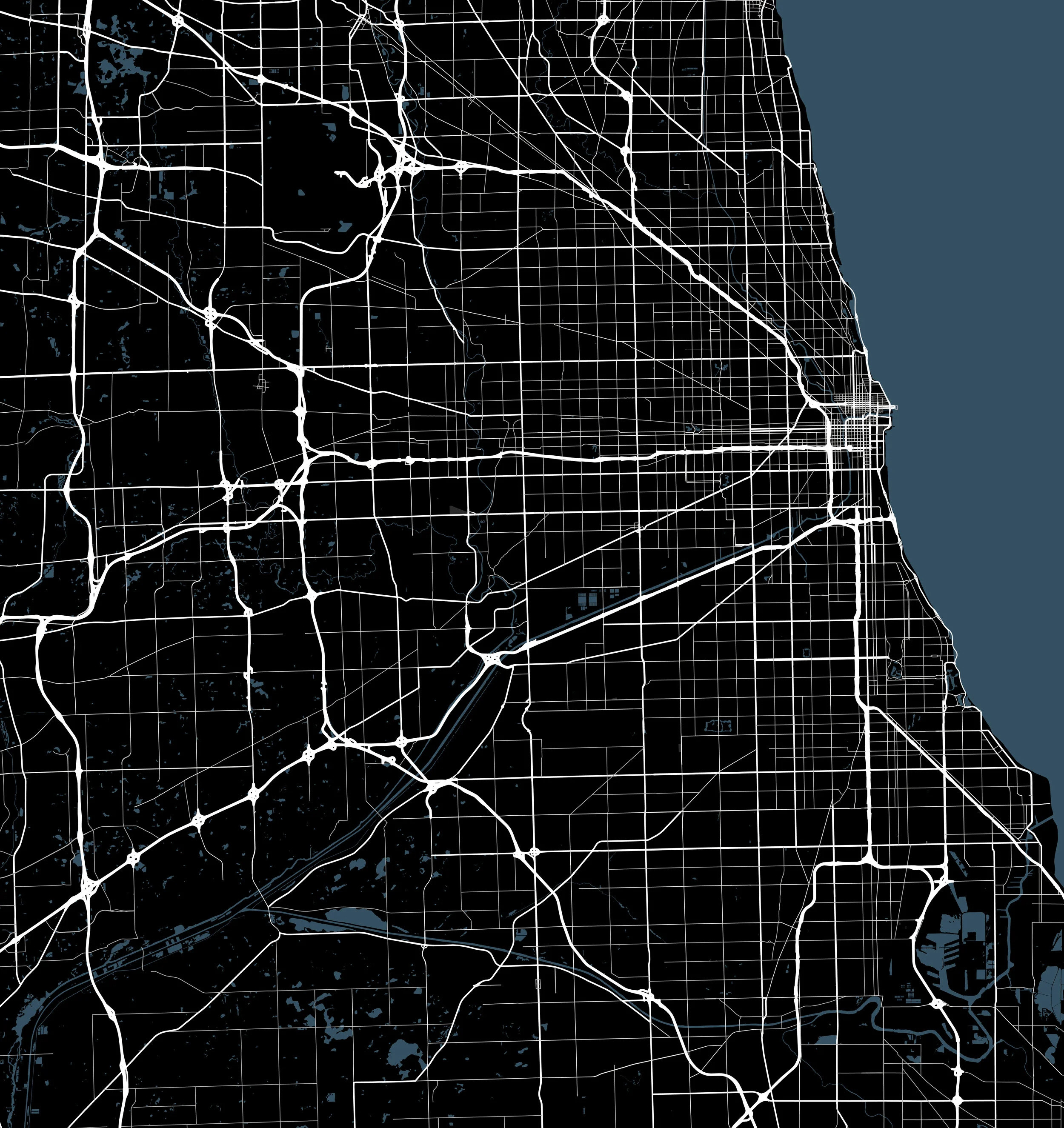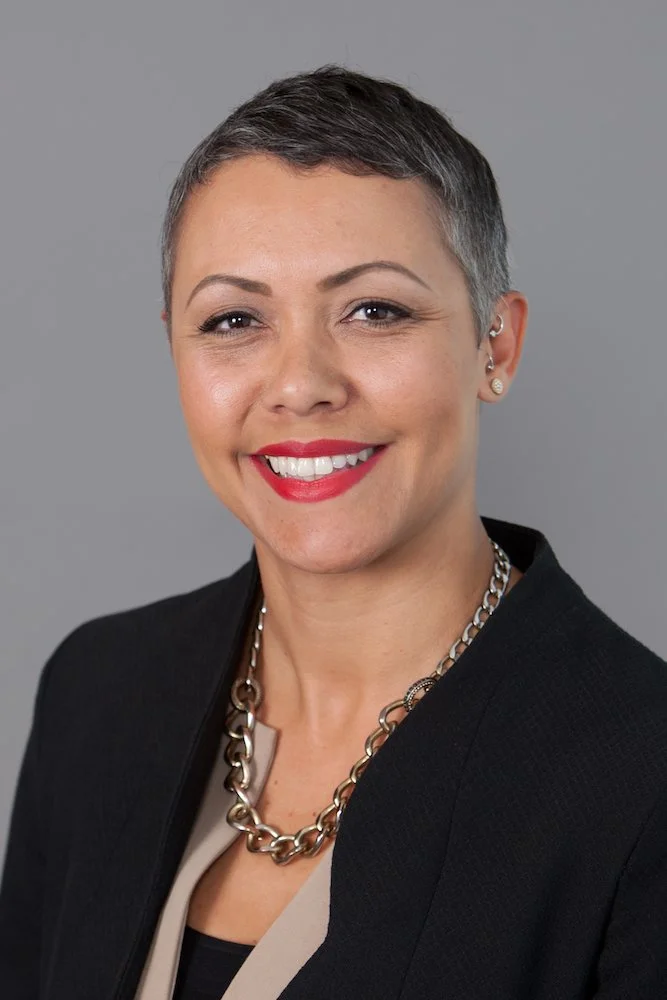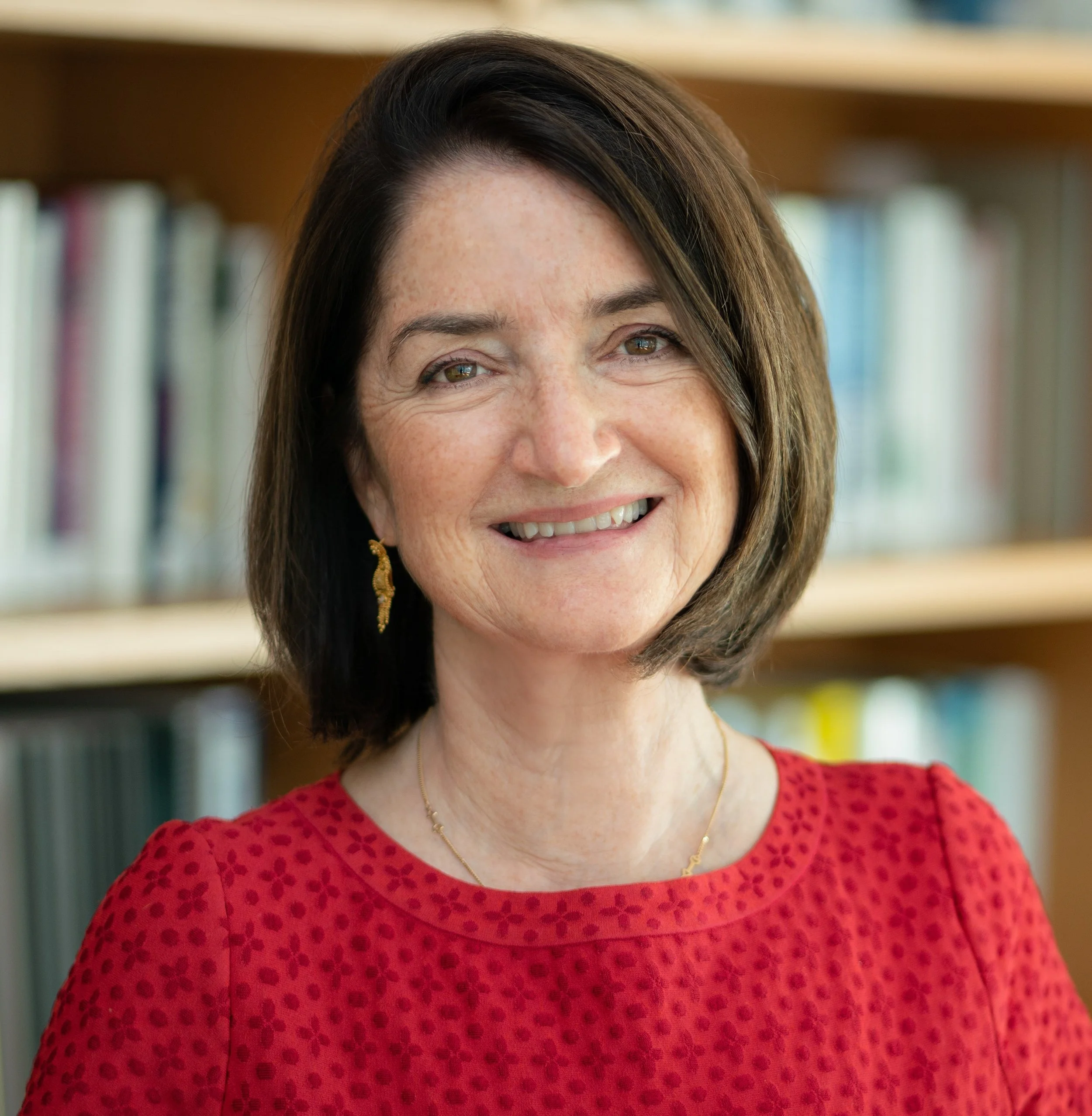A Racial Lens and More: What Field’s New Strategy Means for Chicago Nonprofits
/photo: Viktor Shumatov/shutterstock
Marshall Field has always been a big name to know in Chicago. The legendary Chicago merchant created an iconic department store that grew into a chain of stores before being acquired by Macy’s. Fast-forward to 1940, when that merchant’s grandson, Marshall Field III, established a philanthropic foundation that still makes over $2 million grants each year. It’s certainly not the largest funder in the city, but it’s a very locally focused one, and also one that’s undergone some changes lately.
Angelique Power, the current president of the Field Foundation shared a public letter this summer to describe how and why the funder would be taking on a new grantmaking strategy. The old strategy is being revised in order to better address the challenges that Chicagoans face every day. With feedback from foundation peers, local nonprofits, and “heat map” data to highlight exactly where issues are the most prevalent, Field’s new strategy will be all about community empowerment through justice, art, and leadership.
Across the country, racial justice continues to be the defining philanthropic strategy for 2017. The field foundation staff underwent racial justice training in order to arrive at its new strategic approach and is tuning in deeper to the needs of African, Latino, Asian, Arab, and Native American communities in the city. To carry out its new justice-focused grantmaking strategy, the Field Foundation is moving away from direct service investments. Instead, it is looking more big-picture and will be giving grants to groups that are working towards systemic reform. We don’t expect the Field Foundation to be race exclusive in its work, but it will likely approach future funding through a racial equity lens for the foreseeable future—which is something we're seeing a lot of right now in philanthropy.
Going forward, art grantmaking will support physical spaces that inspire civic involvement and cultural connections between disjointed groups of people in the city. And to fulfill the leadership portion of its new strategy, Field is launching an internship program for Chicago-area masters of social work students and also giving money to organizations for leadership development programs. Justice and art are high priorities within the leadership portion of the grantmaking strategy as well, especially since the foundation board will give leadership awards to groups in the justice and art grantee portfolios.
Power made the following comment about the new strategy:
These funding categories represent our ethos—our underlying belief—that Chicago is about fighting for a level playing field, informed by stunning creativity, and that our collective success comes down to the Chicagoans who make it all happen. Justice, art, and leadership investment is a grantmaking model—but more importantly it is our belief system for our city. While we know these new guidelines will close the door on funding for some stellar organizations, we know it will also open the door for others and allow us to invest in neighborhoods that are too commonly divested in.
Aside from the shift in funding areas, the Field Foundation staff learned some important lessons from this time of conversation and reflection. Not surprisingly, nonprofit leaders in Chicago told Field quite bluntly that they want to see foundations be open and transparent and that they also want clearly stated priorities to take the guesswork out of applying for funding. They told the Field staff that they want an easy application process with no lengthy proposal, that the process should be online, and that they need a realistic expectation for grants.
Field heard all of this loud and clear, and is already taking steps to adhere to these standards. It launched a new online platform for its next letter of inquiry deadline with the goal of streamlining the grantmaking process. You can learn more about the application process and access the online portal here.
Related: Marshall Field’s Grandson Started a Foundation. Here’s What It Supports in Chicago.







































